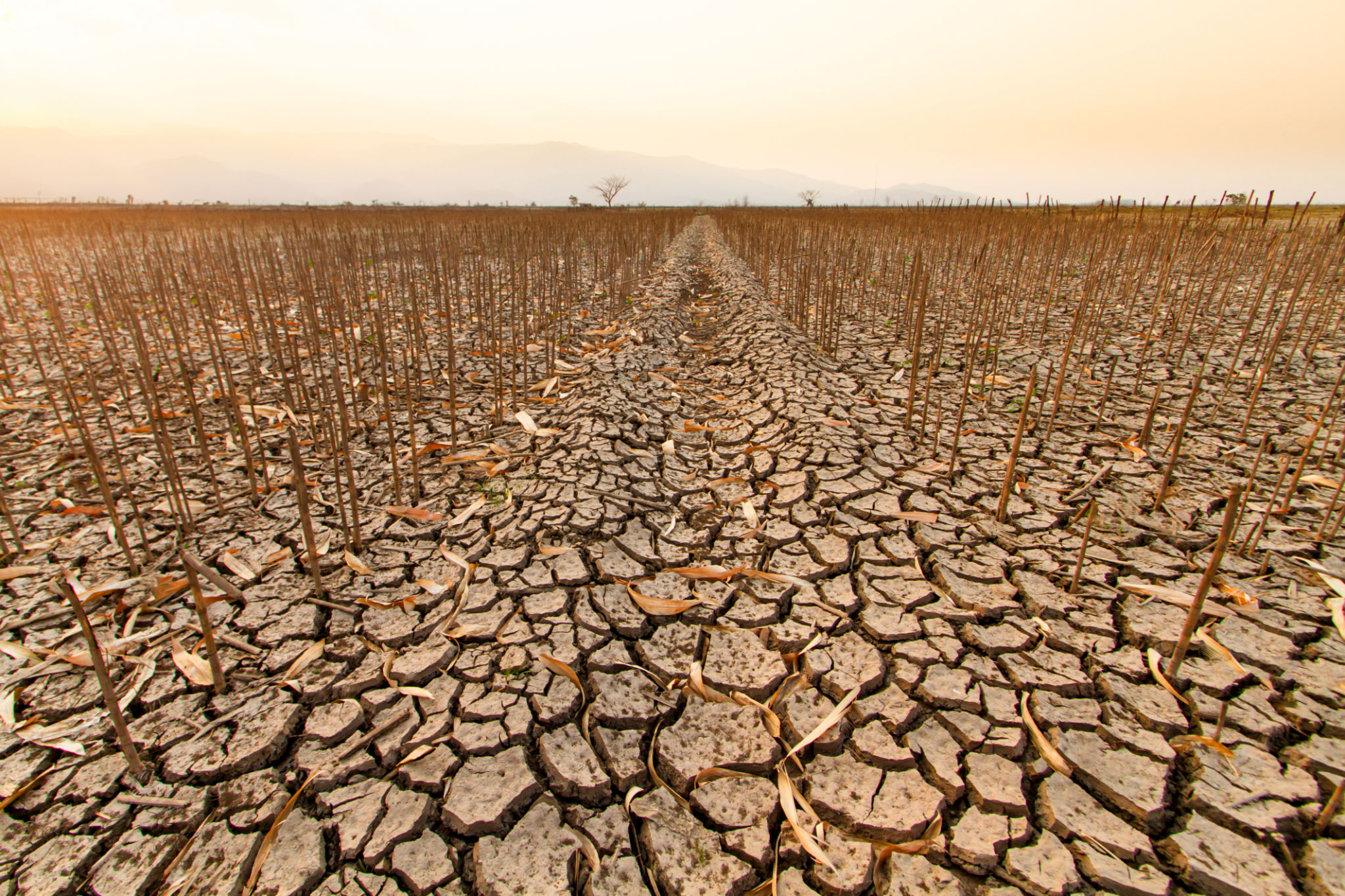Exploring the Impact of Climate Change on African Public Health
PH
Introduction
Climate change is one of the most pressing issues of our time, affecting various aspects of life across the globe. In Africa, its impact is profound, influencing not only the environment but also public health. Understanding these effects is crucial for developing strategies to mitigate health risks and improve resilience.

Climate Change and Its Effects on Disease Patterns
One of the primary ways climate change impacts public health in Africa is through altering disease patterns. Warmer temperatures and changing precipitation patterns can expand the habitats for vectors like mosquitoes, potentially increasing the incidence of diseases such as malaria and dengue fever. Regions previously unaffected may become vulnerable as these vectors migrate.
Moreover, changing climates can lead to the emergence of new diseases or the reemergence of old ones in areas where they were previously under control. This poses significant challenges for healthcare systems in Africa, which may already be struggling with limited resources.
Food Security and Nutrition
Climate change also threatens food security in Africa, with direct consequences on nutrition and health. Extreme weather events such as droughts and floods can destroy crops, leading to food shortages. This scarcity can result in malnutrition, particularly affecting vulnerable populations such as children and the elderly.

Malnutrition can weaken immune systems, making individuals more susceptible to disease and infection. It also has long-term implications for cognitive development and economic productivity, creating a cycle of poverty and poor health.
Water Scarcity and Sanitation
The availability of clean water is another critical public health concern exacerbated by climate change. As temperatures rise and rainfall becomes more unpredictable, water sources can become scarce or contaminated. This can lead to outbreaks of waterborne diseases such as cholera and diarrhea, which are among the leading causes of mortality in children under five years old in Africa.
Improving water management systems and developing sustainable practices are essential steps in addressing these challenges. Ensuring access to clean water is a fundamental component of protecting public health.

Mental Health Implications
Beyond physical health, climate change also affects mental health in Africa. Displacement from extreme weather events, loss of livelihoods, and the stress of living with environmental instability can lead to increased anxiety, depression, and other mental health disorders.
Addressing these issues requires a comprehensive approach that includes mental health services as part of disaster response and climate adaptation strategies. Community support systems play a vital role in building resilience against these psychological impacts.
Conclusion
The impact of climate change on public health in Africa is multi-faceted, affecting everything from disease patterns to mental health. Addressing these challenges requires coordinated efforts from governments, international organizations, and local communities. By focusing on sustainable development and resilience-building strategies, it is possible to mitigate some of these impacts and protect vulnerable populations.
Understanding and responding to the public health implications of climate change is critical for ensuring a healthier future for all Africans.